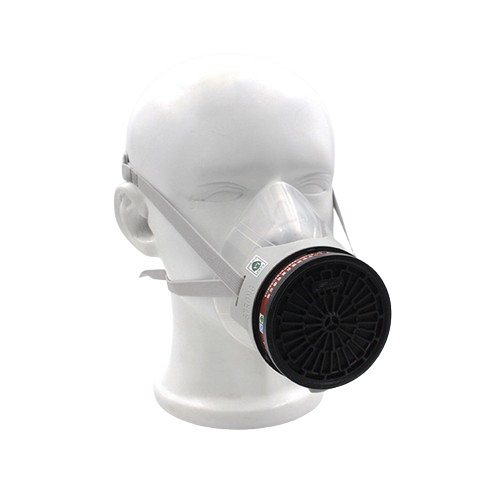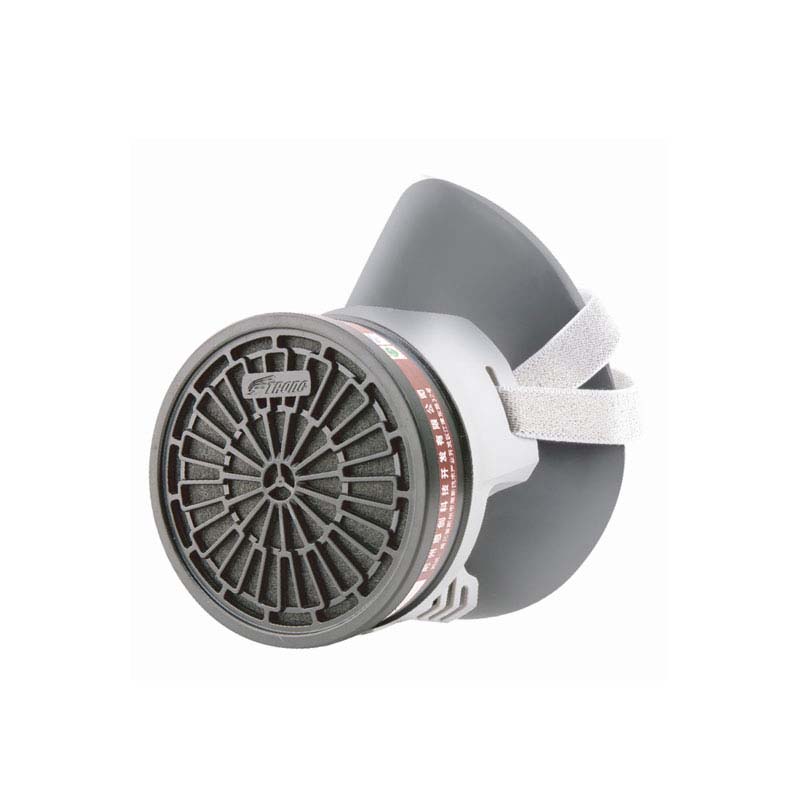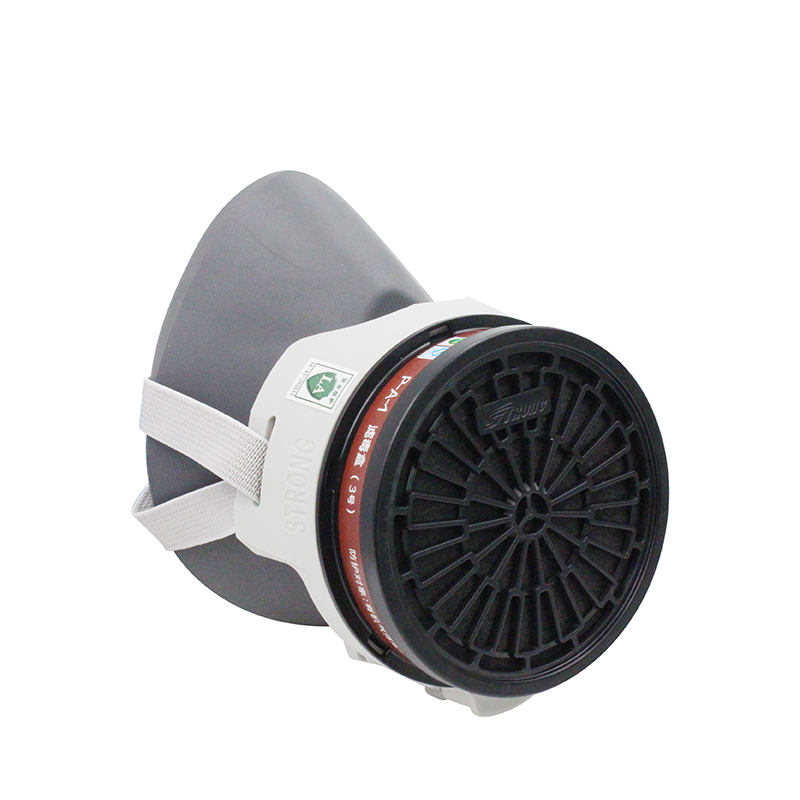Is N95 Mask Effective in Protecting Against Air Pollution?

Air pollution is a major issue that affects the health and well-being of people around the world. Exposure to air pollution can cause various respiratory and cardiovascular diseases, and long-term exposure can even lead to premature death. As a result, many people have turned to wearing masks to protect themselves from air pollution, with the N95 mask being a popular choice. But is the N95 mask effective in protecting against air pollution?
The N95 mask is a type of respirator that filters out at least 95% of airborne particles, including large and small particles. It is designed to protect the wearer from airborne particles, including those generated by sources of air pollution such as vehicle exhaust, industrial emissions, and wildfires. The mask is made of multiple layers of synthetic material and has a tight seal around the edges to ensure that particles cannot enter through the sides of the mask.
Studies have shown that N95 masks can be effective in protecting against air pollution. For example, a study conducted in Beijing during a period of high air pollution found that N95 masks significantly reduced the exposure of wearers to particulate matter. Another study found that N95 masks were effective in reducing the risk of respiratory infections among healthcare workers exposed to air pollution.
However, it is important to note that the effectiveness of the N95 mask in protecting against air pollution depends on several factors. One of the most important factors is the fit of the mask. If the mask does not fit properly, particles can enter through the gaps between the mask and the wearer's face. Therefore, it is essential to ensure that the mask fits snugly and is adjusted properly.
Another factor that affects the effectiveness of the N95 mask is the quality of the mask itself. Not all N95 masks are created equal, and some may be less effective than others. It is important to choose a mask that is certified by a reputable organization, such as the National Institute for Occupational Safety and Health (NIOSH) or the European Union (EU) standards, to ensure that it meets the necessary requirements for filtration efficiency and quality.
In conclusion, the N95 mask can be effective in protecting against air pollution, but its effectiveness depends on several factors, including the fit of the mask and the quality of the mask itself. It is important to choose a mask that is certified by a reputable organization and to ensure that the mask fits snugly and is adjusted properly. Additionally, it is important to remember that wearing a mask is only one of many measures that can be taken to protect against air pollution, and that efforts to reduce air pollution at the source are also crucial in improving air quality and protecting public health.










